The Whereabouts of Eneas McNulty
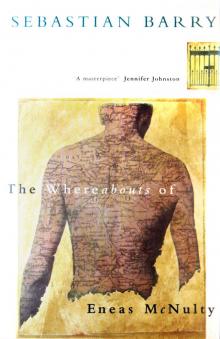

Author: Sebastian Barry
Category: Fiction
Published: 1998
Series:
View: 280
Read OnlineThese days, Frank McCourt would seem to have cornered the market on lyrical depictions of Celtic poverty. But never fear, Sebastian Barry--the brilliant Irish playwright, poet, and prose-wrangler--is here. His new novel, The Whereabouts of Eneas McNulty recounts the odyssey of a small-town innocent, who grows up in circumstances more bucolic, but no less threadbare, than McCourt's. It's clear from the very first paragraph, however, that Barry means to take a wide-angle view of his Irish urchin: "In the middle of the lonesome town, at the back of John Street, in the third house from the end, there is a little room. For this small bracket in the long paragraph of the street's history, it belongs to Eneas McNulty. All about him the century has just begun, a century some of which he will endure, but none of which will belong to him."
Having handily survived his Sligo childhood, Eneas joins the British Army in time for World War I--and upon his return home, finds himself shunned as a collaborator. Tarred with this very Britannic brush, he goes one better and enlists in the Royal Irish Constabulary. Alas, this move only cements his fate as a marked man, and his father is soon issued a warning: "Let your son keep out of Sligo if he wants to keep his ability to walk." With a price on his head, Eneas commences a life of wandering, from Mexico to Africa to Nigeria (which the moonlight, he notices, "brings closer to Ireland.") From time to time he sneaks back to Sligo and is promptly expelled.
In another author's hands, this epic of dislocation could well be a bitter one. Yet the stoical and simple-minded Eneas is surprisingly free of anguish, and even his constant fear "has become something else, could he dare call it strength, a privacy anyhow." And the reader, at least, has the delightful distraction of Barry's prose, in which the occasional Joycean notes are entirely subsumed by the author's own colloquial brilliance. In the end, The Whereabouts of Eneas McNulty is less a novel than an exhibition of bardic fireworks--a latter-day Aeniad that's actually worthy of the name. --James Marcus
Having handily survived his Sligo childhood, Eneas joins the British Army in time for World War I--and upon his return home, finds himself shunned as a collaborator. Tarred with this very Britannic brush, he goes one better and enlists in the Royal Irish Constabulary. Alas, this move only cements his fate as a marked man, and his father is soon issued a warning: "Let your son keep out of Sligo if he wants to keep his ability to walk." With a price on his head, Eneas commences a life of wandering, from Mexico to Africa to Nigeria (which the moonlight, he notices, "brings closer to Ireland.") From time to time he sneaks back to Sligo and is promptly expelled.
In another author's hands, this epic of dislocation could well be a bitter one. Yet the stoical and simple-minded Eneas is surprisingly free of anguish, and even his constant fear "has become something else, could he dare call it strength, a privacy anyhow." And the reader, at least, has the delightful distraction of Barry's prose, in which the occasional Joycean notes are entirely subsumed by the author's own colloquial brilliance. In the end, The Whereabouts of Eneas McNulty is less a novel than an exhibition of bardic fireworks--a latter-day Aeniad that's actually worthy of the name. --James Marcus
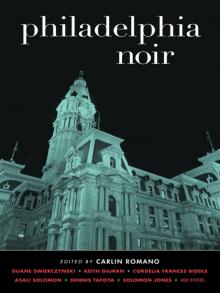 Philadelphia Noir
Philadelphia Noir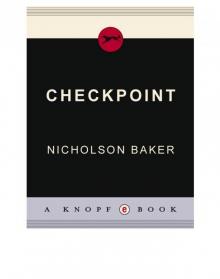 Checkpoint
Checkpoint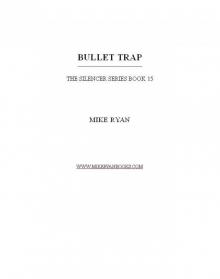 Bullet Trap
Bullet Trap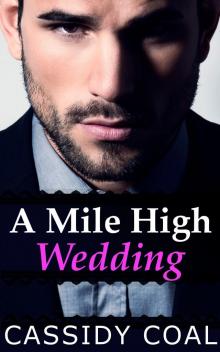 A Mile High Wedding
A Mile High Wedding Devil's Bargain
Devil's Bargain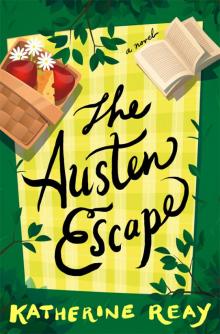 The Austen Escape
The Austen Escape The New Normal
The New Normal The Bomb
The Bomb